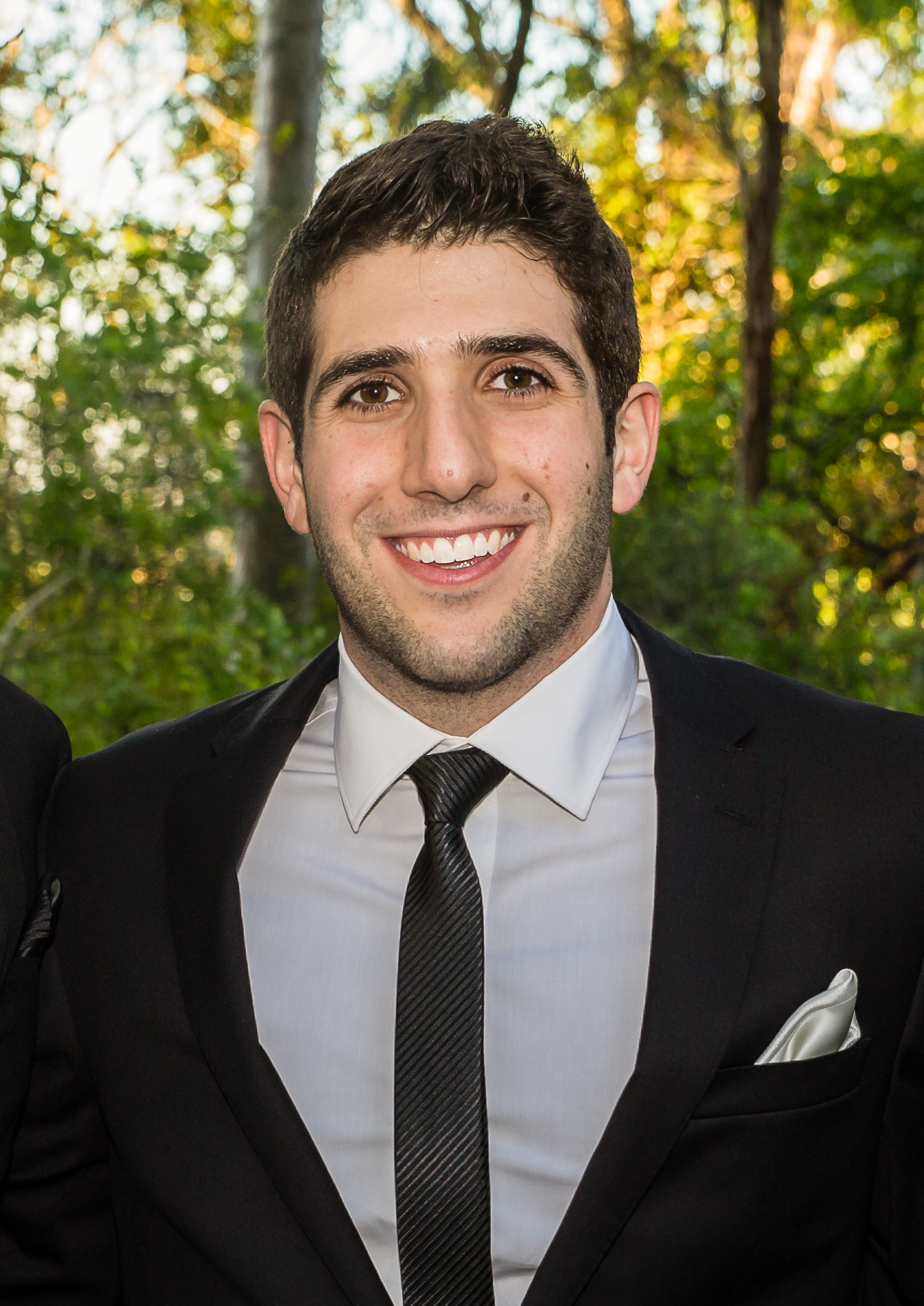David Khoury

David Khoury
Tell us a little bit about yourself
I was awarded my PhD earlier in 2016 from UNSW Australia. I am now working as a postdoc at the Kirby Institute of infection and immunity at UNSW Australia, and I am very interested in applying mathematics to better understand biological problems. Initially, as an undergraduate, I had the opportunity to model honeybee colony division of labour, and colony survival under stress, and more recently I have worked on modelling the within host dynamics of malaria infection and immunity.
If you could meet any Fields Medalist or Abel Prize winner, which would it be and why
Laurent-Moïse Schwartz. I would be fascinated to meet Schwartz, not only because of his critical contributions to the field, but because he led a very interesting, and at times very difficult life. I have read that he lived through World War II and had to change his identify to avoid trouble during the occupation of France by the NAZI regime. Also, my impression is that he had a strong interest in communication of science to the public, which is something I am very interested in. It would be a privilege to meet this amazing mathematican.
Why do you want to attend the Heidelberg Laureate Forum?
I am excited to meet with the very distinguished and experienced mathematicians at the HLF and to be able to listen to their perspectives on all things mathematics. In particular, I am keen to hear from the laureates about their thoughts on how, as a global community, we can foster more interest in mathematics at the secondary and tertiary levels of education. Through my experience as a private and university tutor in mathematics I have come to discover first hand that many students actually have minimal or no understanding of how the mathematics they are learning is relevant to any real scientific, social or industrial problem. As someone with a passion for applied mathematics and describing real processes with quantitative rigour, I have found this realisation both surprising and depressing. By attending the Heidelberg forum and hearing from those at the top of the field I am keen to learn more about how I can better foster an interest among current and prospective students in studying mathematics and thinking more broadly about what can be achieved through studies in mathematics.
What are your favourite applications of your work?
I love the process of taking a real life complex system (which biological systems usually are) and attempting to write a formalised description of how that system might operate. I love it when the process shows us things contrary to our intuition and finally, I love it when we adjust our intuition by this very process. Often an experimentalist or clinician will make an observation from data, and then offer a possible explanation for what might cause that observation. On the surface of it, this explanation can sound completely reasonable, and it is only when you try to formalise the explanation in some mathematical model, that the possible inconsistencies in the argument become apparent. I really enjoy using mathematical models of many kinds to formalise and simplify our understanding of a complex biological processes.
